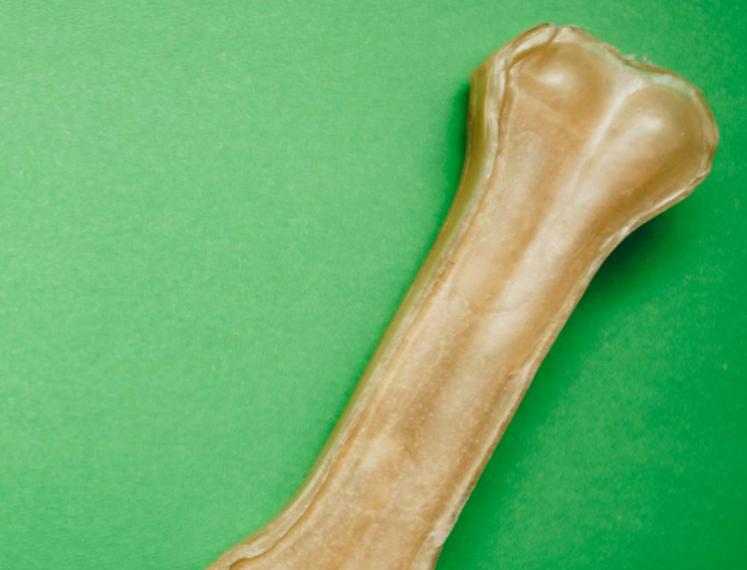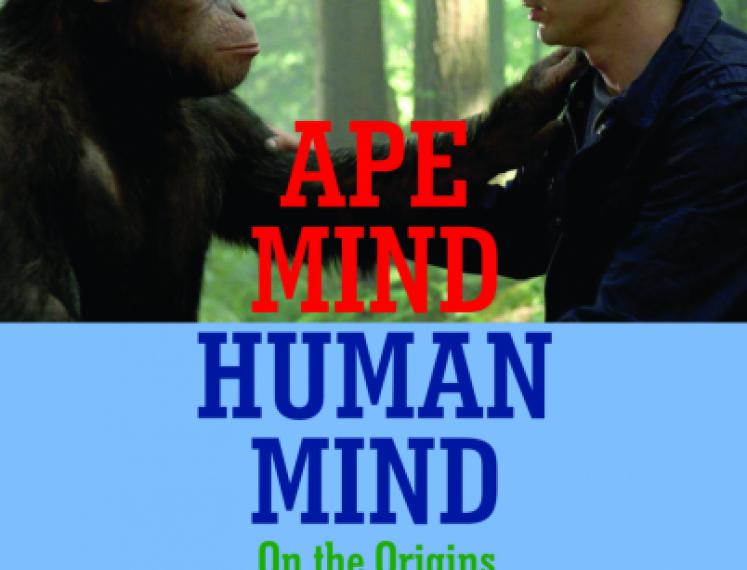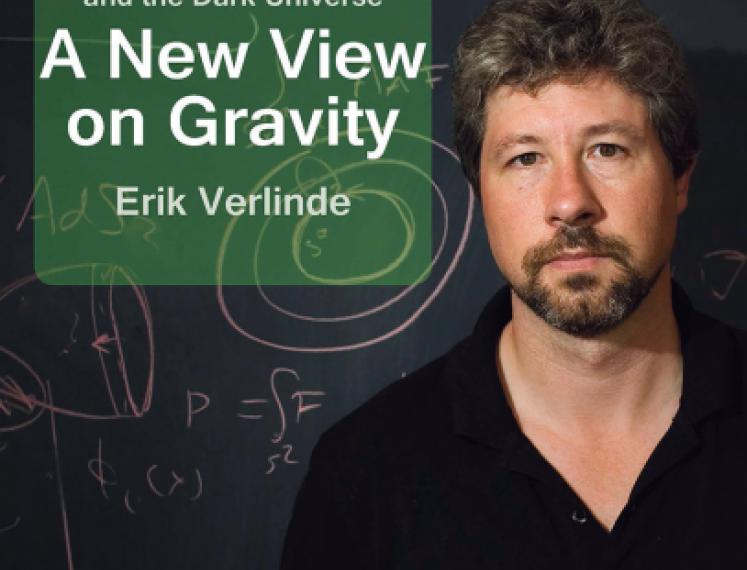
Academy Building
Broerstraat 5
Groningen
Netherlands
How To Tame a Fox and Build a Dog
Tucked away in Siberia, there are furry, four-legged creatures with wagging tails and floppy ears that are as docile and friendly as any lapdog. But, despite appearances, these are not dogs—they are foxes.
They are the result of the most astonishing experiment in breeding ever undertaken—imagine speeding up 15,000 years of evolution into a few decades. For the last six decades a dedicated team of researchers in Siberia, in the midst of the often brutal -35° winters, has been domesticating silver foxes to replay the evolution of the dog in real time. Biologist and historian of science, Lee Dugatkin, will tell the inside story of the science, politics and adventure behind this experiment. What does it teach us about the genetic and behavioral evolution of domesticated animals?
Lee Dugatkin is a Professor and University Scholar in the Department of Biology at The University of Louisville. He is a behavioral ecologist and historian of science. Lee has spoken at more than 100 universities worldwide and is the author of 150+ articles on evolution and behavior. He is a frequent contributor to Scientific American, Psychology Today and the New Scientist. He is the author of numerous books, his recent work How To Tame a Fox (and Build a Dog)," is co-authored with Lyudmila Trut, the lead scientist of the experiment.


